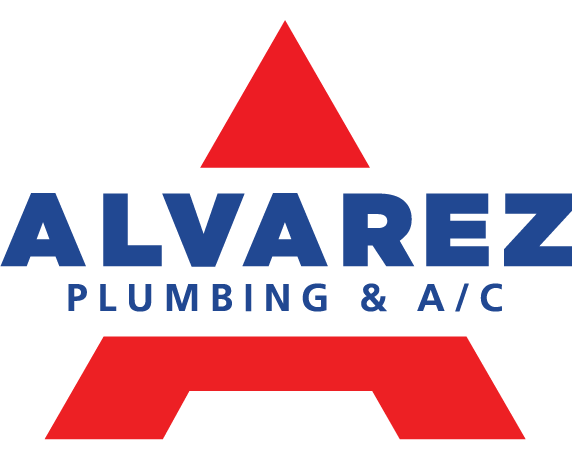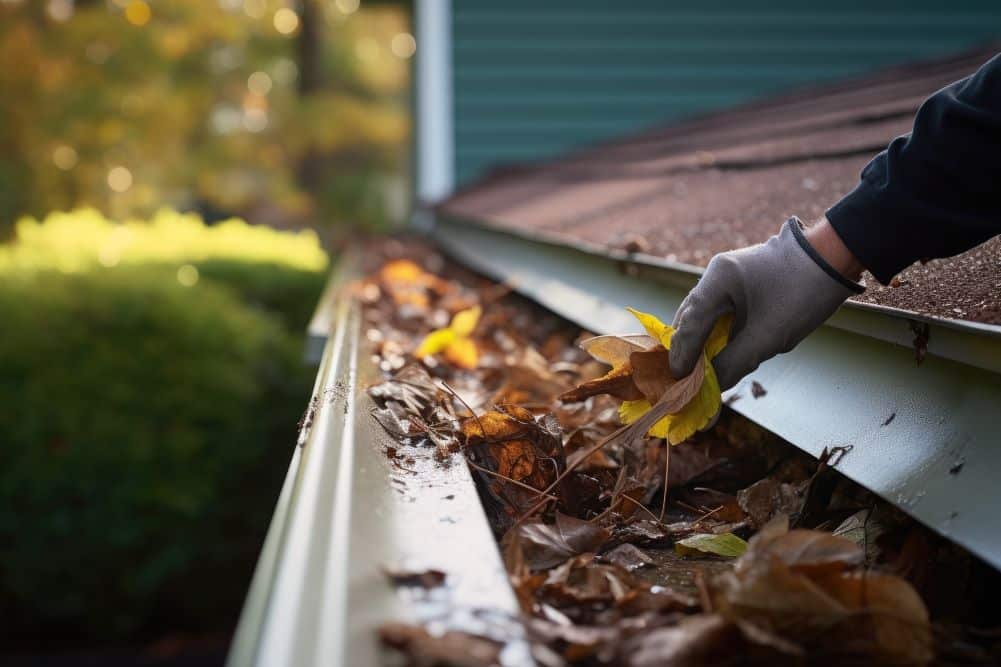Maintaining a seamless plumbing system is essential for any homeowner. In fact, one of the most common issues that people face is clogged drains, a problem that can lead to further complications such as sewage backup, water damage, and costly repairs. Preventive measures, therefore, become an indispensable strategy to avert these troubles. This blog post aims to explore in-depth the best practices and tips for preventing clogged drains in your home.
Understand the Anatomy of a Drainage System
Before delving into the preventive measures, it is imperative to understand the basic structure and working mechanism of your home’s drainage system. Typically, the system is made up of a network of pipes that transport wastewater from sinks, toilets, and showers to the sewer lines. Ensuring the smooth operation of this system is essential for avoiding the challenges of clogged drains.
Top Preventive Clogged Drains Measures
-
Be Cautious of What Goes Down the Drain
One of the most straightforward strategies to avoid clogs is being vigilant about what you allow down the drain. Keep solid objects, food particles, and non-biodegradable materials away. For instance, cooking grease solidifies as it cools, eventually leading to a clogged drain.
-
Use Drain Guards
Placing drain guards on your sink and shower drains can significantly prevent clogging. These devices catch larger debris, such as food particles and hair, thereby acting as a first line of defense against potential clogs.
-
Conduct Routine Cleaning
Engaging in routine cleaning practices can dramatically decrease the occurrence of clogs. Simple activities such as pouring hot water down the drain can break up minor clogs formed by soap scum and grease. Utilizing natural cleaning agents like baking soda and vinegar can also be beneficial.
-
Proper Waste Disposal
Proper waste disposal techniques should be applied for different types of waste. For instance, a garbage disposal unit can be a valuable asset for your kitchen sink but remember to run it frequently to prevent accumulation of food particles.
-
Inspect and Maintain Sewer Lines
Periodically inspecting sewer lines can identify clogs before they become a significant problem. Professional plumbing services often offer video inspection technologies that provide a detailed view of the interior of the pipes.
-
Professional Drain Cleaning
In some cases, professional drain cleaning services may be necessary. These services use specialized equipment, such as hydro jets and motorized drain snakes, to remove severe clogs that cannot be handled through routine home practices.
The Importance of Regular Plumbing Maintenance
One cannot overemphasize the importance of regular maintenance. Minor issues can escalate into major problems if neglected. Moreover, regular inspection and cleaning of your drains are cost-effective in the long run, saving you from potentially hefty repair bills.
Conclusion
The adage, “Prevention is better than cure,” holds especially true for maintaining a clog-free drainage system in your home. By adhering to a set of best practices, from being cautious of what goes down the drain to scheduling regular professional maintenance, you can substantially mitigate the risk of encountering this bothersome issue. Remember, the longevity and efficiency of your home’s plumbing system are inextricably linked to the preventive measures you employ.
Invest in your home’s plumbing health today, and you’ll reap the rewards of a hassle-free living environment for years to come.




Recent Comments